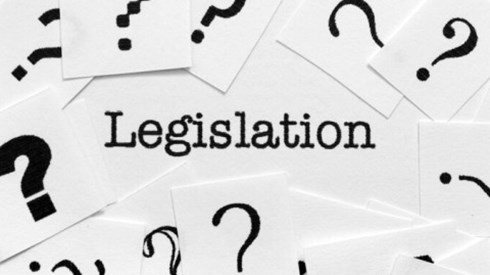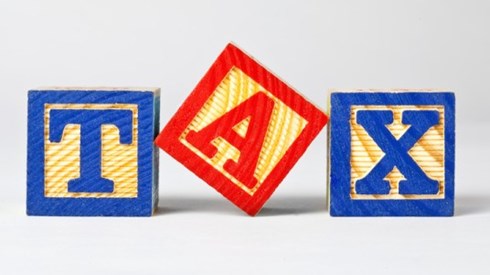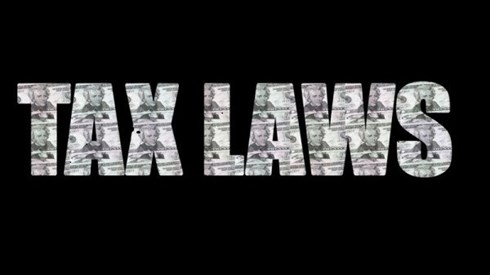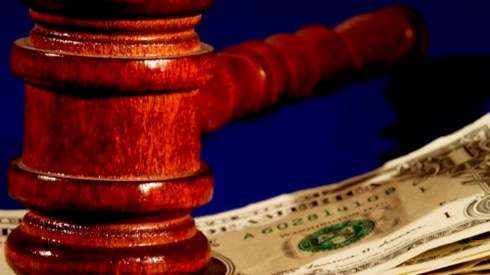Washington Captive Premiums Plummet in Response to Enforcement Actions
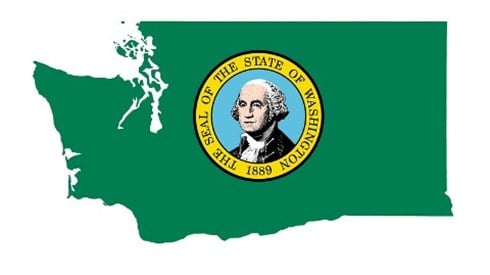
February 11, 2021

By Richard Cutcher, Global Captive Podcast
An independent report commissioned by Washington State concedes that a 2 percent tax on premiums paid to captive insurance companies insuring Washington-based risks will likely have a "material" effect on the future use of captive insurance and reduce the tax base it is targeting.
The Captive Insurance Study was produced by Milliman who were contracted by the state's Office of the Insurance Commissioner (OIC) and the Department of Revenue in 2020. It was made available on February 10.
Findings in the 185-page report were informed by a survey of Washington-headquartered companies that have utilized captive insurance in the past 10 years and analysis of existing captive regulatory and tax frameworks in other states.
Based on those organizations responding to the survey, captive premiums paid by Washington companies totalled almost $500 million in 2017 and almost $550 million in 2018. In 2019, total premium fell to $156 million. Factoring in the potential wider captive community that did not complete the survey, the report estimated total captive insurance premiums were $900 million in 2018 and fell to $300 million in 2019.
"Approximately 99 percent of the premium decrease from 2018 to 2019 was attributable to four large captive insurance company owners," the report stated.
The four large captive owners are not named in the report. In its enforcement actions that began in 2018, the commissioner’s office has publicly targeted large corporations, including Microsoft, Costco, Starbucks, and Alaska Air.
The study was commissioned to help inform legislators and local agencies considering how best to clarify the self-procurement laws concerning the use of captive insurance. Despite the report being released on February 10, Senate Bill 5315 had its first reading on January 21 and has continued to progress through state legislature.
The final report weighed three potential approaches to clarifying the status of captive insurance companies operating in the state. They were summarized in the study as follows.
- Independent procurement. Under this option, insureds in Washington would be permitted to procure insurance from unauthorized insurers, including a captive insurer licensed in another state or offshore jurisdiction, and would be required to pay a tax on the premium.
- Registration of captive insurance companies. Under this option, a captive insurer insuring any Washington-headquartered company would be required to register with the OIC and pay a premium tax.
- Establish Washington as a captive insurance domicile. This option would involve authorizing the OIC to license and regulate captive insurance companies that would be formed under Washington law. Although this option does not establish any regulatory or taxation framework for out-of-state captive insurers, it is not exclusive of the other options and could be implemented in tandem with one of them.
Senate Bill 5315 most closely resembles the second option since it requires captives to register with the commissioner's office, pay a $2,500 registration fee, and demonstrate that assets exceed liabilities by $1 million. It also includes a 2 percent premium tax to be imposed on all Washington risks.
The report, however, warns that such a tax may create an additional expense that "exceeds the entire current cost of operating the captive insurance company, depending on the specifics of the premium tax (including tax rate and taxable base)."
Taking into account the state's significant reduction in captive premium in 2019, shortly after the commissioner's enforcement actions began, the attempt to increase tax revenue may also be counterproductive.
"The decrease was due to the owners of four large captive insurers either stopping or reducing the use of their captive insurance companies," the report explains. "Without asking the specific captive insurance company owners, we can't be sure why this happened in 2019. We also don't know how 2020 captive insurance premiums in Washington changed relative to 2019.
"In order to project future premiums under different frameworks/tax bases/tax rates, we need to forecast future captive insurance premiums. Our working assumption is that the higher the tax rate and the broader the tax base, the more captive insurance company owners will change their behavior so they are no longer subject to the tax."
This conclusion could beg the question of whether, rather than raising tax revenue, the major, perhaps unintended, consequence of the new legislation will simply be to discourage the use of captive insurance by corporates.
The full report can be read here.
February 11, 2021
